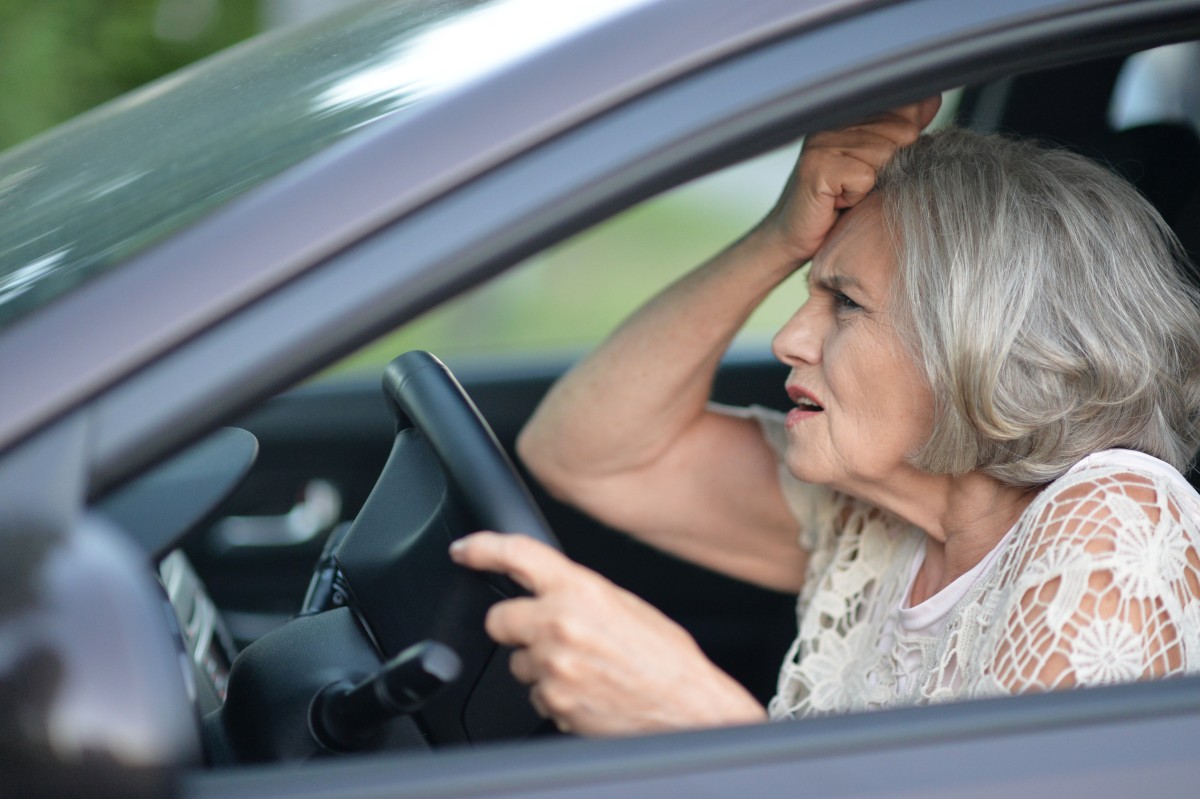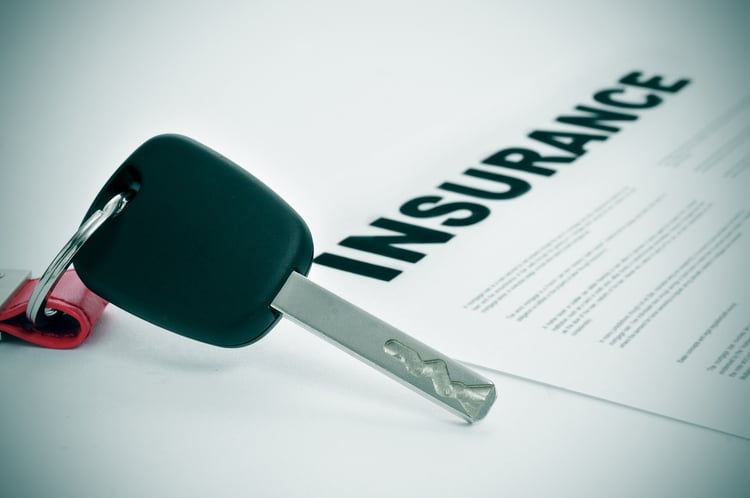Written on Jul 8, 2020 9:12:57 AM
Medicare Coverage and Auto Accidents: Does Medicare Pay for Car Accident Bills?
Topics: auto accident, car insurance

When you get into an auto accident, you probably have plenty of questions. Am I at fault? Is anyone injured? Who do I contact? With all these questions swimming around in your head, one may be especially pressing: Will my Medicare coverage help pay for my medical bills and injuries?
If you are one of the 44 million people receiving Medicare benefits and get into an auto accident, you will likely be wondering, "does Medicaid cover auto accidents?"
The short answer? Maybe. It depends on several factors, including the state you’re in, as well as the insurance coverage of you and the other driver involved in the car accident.
Oftentimes in auto accidents, Medicare goes by the secondary payer (MSP) rule—this means that accident and medical expenses should be recovered from the insurance company. If not, Medicare only acts as a “supplement to general insurance if the person is unable to avail all the insurance resources.”
So while the simple answer is yes, there’s much more to it when you add Medicare or Medicaid coverage to the mix of health insurance coverage, medical bills, and your car accident case. Learn more about Medicare coverage and auto accidents.
What to Do Following an Auto Accident
The odds are good that you will be involved in an auto accident at some point in your life. After an accident, you should immediately check to make sure you and your passengers are safe. Assess any auto accident injuries and make sure they are receiving the right medical attention.
Once the medical situation is addressed and the police are called to the scene, it’s crucial to your auto accident case that you take down important information. Acting quickly, writing down names and personal information, and taking photos of the car accident and any damages can drastically improve support for your claims.
Critical information to gather at the car accident scene includes (but isn’t limited to):
- Full names, driver’s license numbers, and license plate numbers.
- Insurance policy numbers and contact information for all companies involved.
- Vehicle make, model, year and color of any involved automobiles.
- Witness accounts and contact information.
Essentially, you’ll want to capture every minute detail and factor in your car accident as clearly as possible. Make note of any auto accident injuries or damage and take pictures of damages, marks in the pavement, and the entire scene of the accident from all surrounding perspectives if you have a camera or a smartphone handy.
Does Medicare Cover Injuries after an Auto Accident?
Now back to the lingering question: Will my Medicare coverage pay for my medical treatment and auto accident bills?
Every state has different laws regarding how car insurance and Medicare coverage work. In Florida, it is mandatory that all Florida drivers purchase Personal Injury Protection, or PIP, with their insurance policy. This is due to the Sunshine State’s no-fault rule, where regardless who is at fault in a car accident, you always go through your own PIP insurance.
PIP helps pay for a percentage of your medical bills up to $10,000 (or $2,500 without an emergency medical condition). It’s a common assumption that drivers aren’t legally required to pay for damages they are at fault for because Florida is a No-Fault state, but that is not what it means. A No-Fault state just means that drivers involved in an accident must rely on their own auto insurance providers to pay for additional costs.
But what if your PIP is exhausted and you still have medical expenses, treatments, and auto accident bills to pay for? This is when health insurance, including Medicare coverage, can supplement and help. Depending on your policy, it can help pay a percentage of bills much like PIP does.

In the case of no-fault or liability, you, as the Medicare recipient, must use other insurance first (such as PIP). If the insurance company doesn’t pay your no-fault claim within 120 days, your doctor or other provider may bill Medicare. Medicare may make a conditional payment to pay the bill, and then later will recover the payment after a settlement, award, judgment, or other payment on the claim has been made. However, this conditional payment - also referred to as a lien - should be treated with caution.
Medicare Liens and the Appeals Process
Liens - a form of claim against assets that are commonly used as collateral to pay a debt, such as a repayment of a loan - are dangerous if you don’t have a personal injury attorney or are not aware of them during your case. Depending on your health insurance plan, you will be required to reimburse the insurance company for costs accrued for your car accident-related injuries. Many times, this can be confusing, especially if you’ve received medical treatment for other ailments and conditions after your accident that are unrelated.
The type of plan to watch out for: ERISA. The Employee Retirement Income Security Act of 1974 (ERISA), which governs many employee health plans, dictates that you must pay the amount back and are required by law to do so. Thus, it can be a slippery slope if the amount exceeds what your settlement is (since settlements are never guaranteed).
Medicare liens also are required to be reimbursed. While it is possible to appeal, Medicare offers little to no flexibility in negotiations and it is an extremely time-consuming process. During the appeal, you will be unable to receive your full settlement amount.
Although Medicare recipients are responsible for handling their payments to their doctors, it’s not always clear which way to go after an accident. That’s why it is essential to have a personal injury attorney you can trust when handling accident cases. You must notify your attorney if you have Medicare, and work closely with your physicians to ensure Medicare doesn’t get billed unless it is the only option left after other primary coverage is used.
Please make sure you prioritize speaking to an attorney experienced in personal injury before doing anything in your car accident (short of calling the cops and getting immediate initial medical treatment, that is). Doing so can greatly impact the outcome of your settlement.

